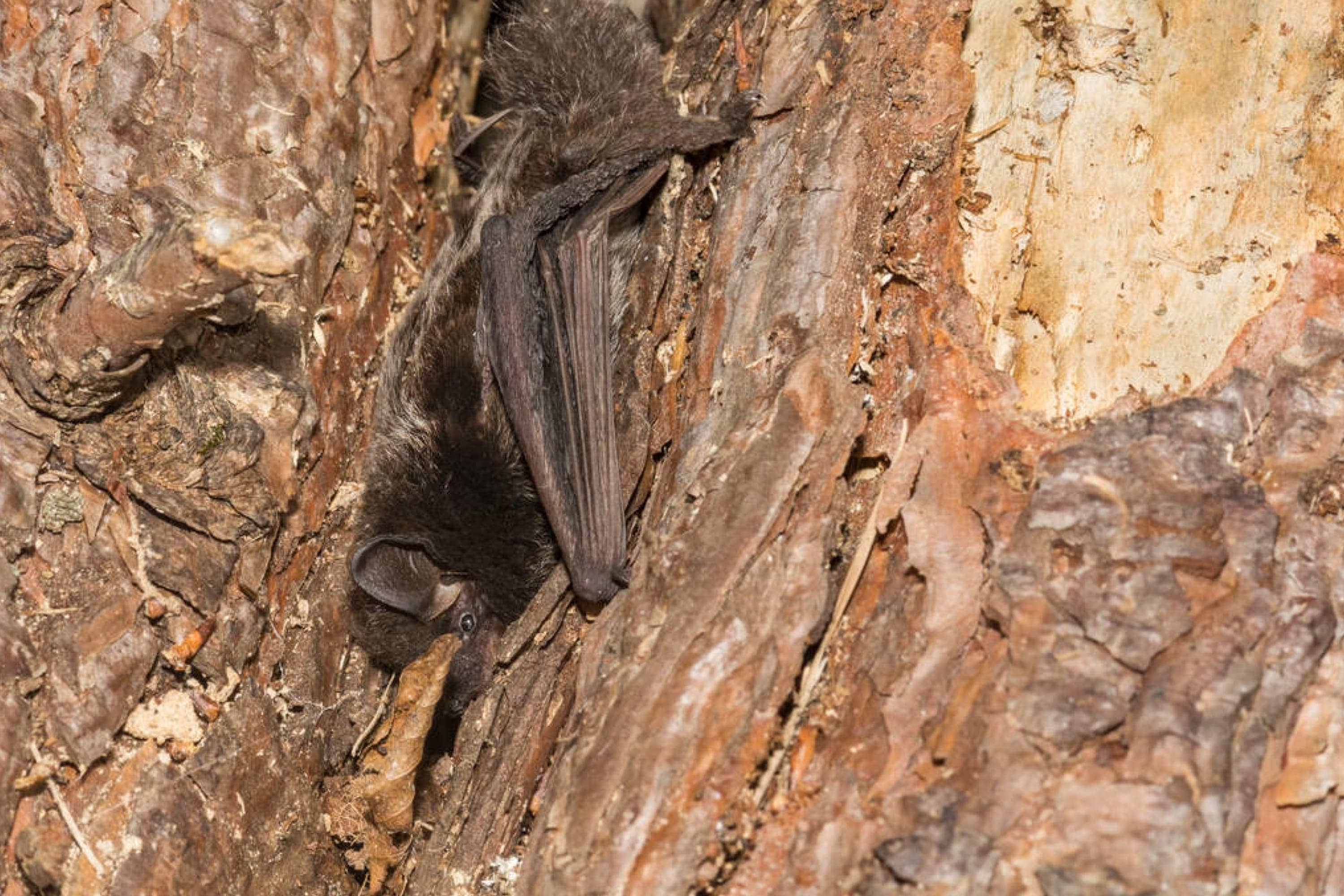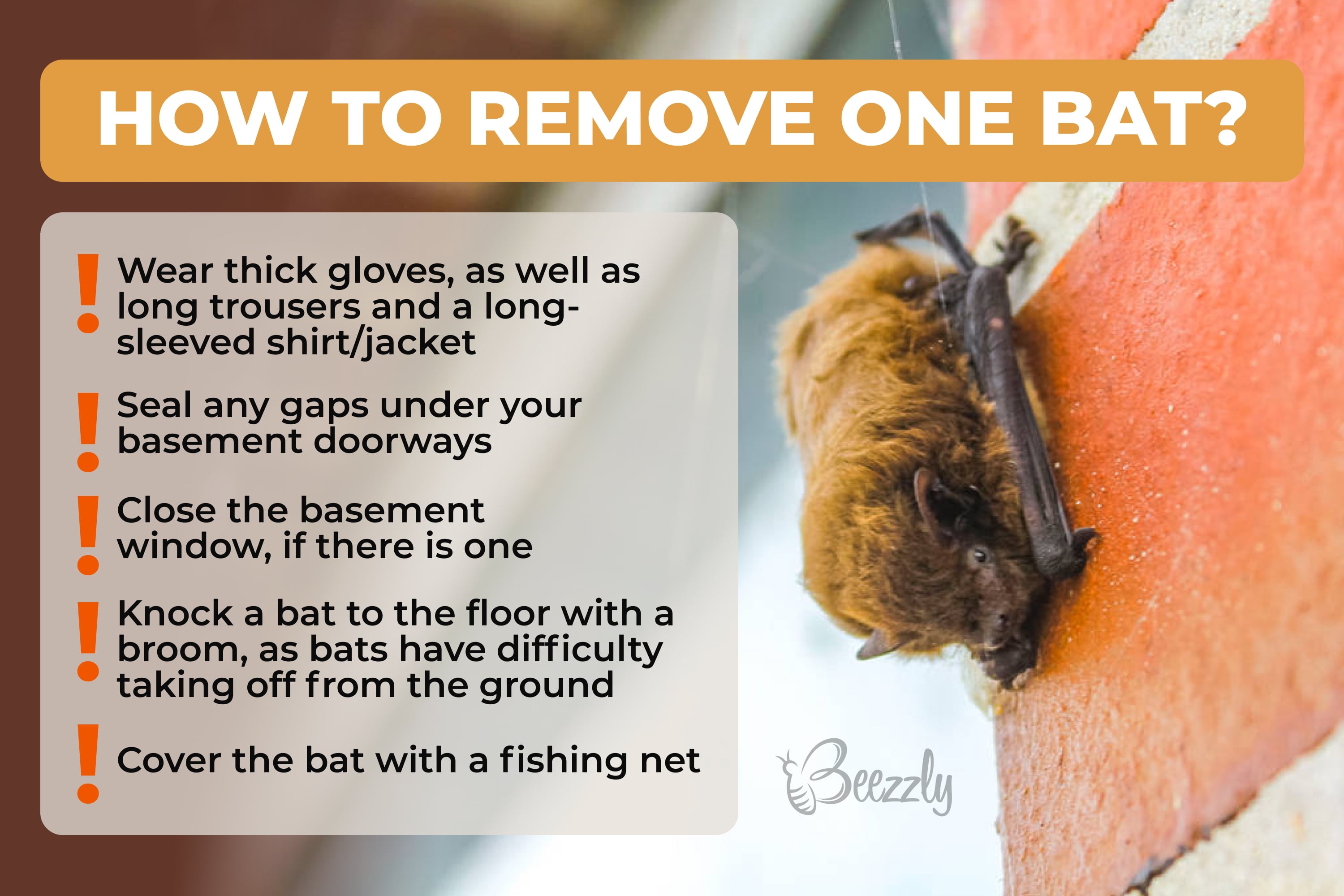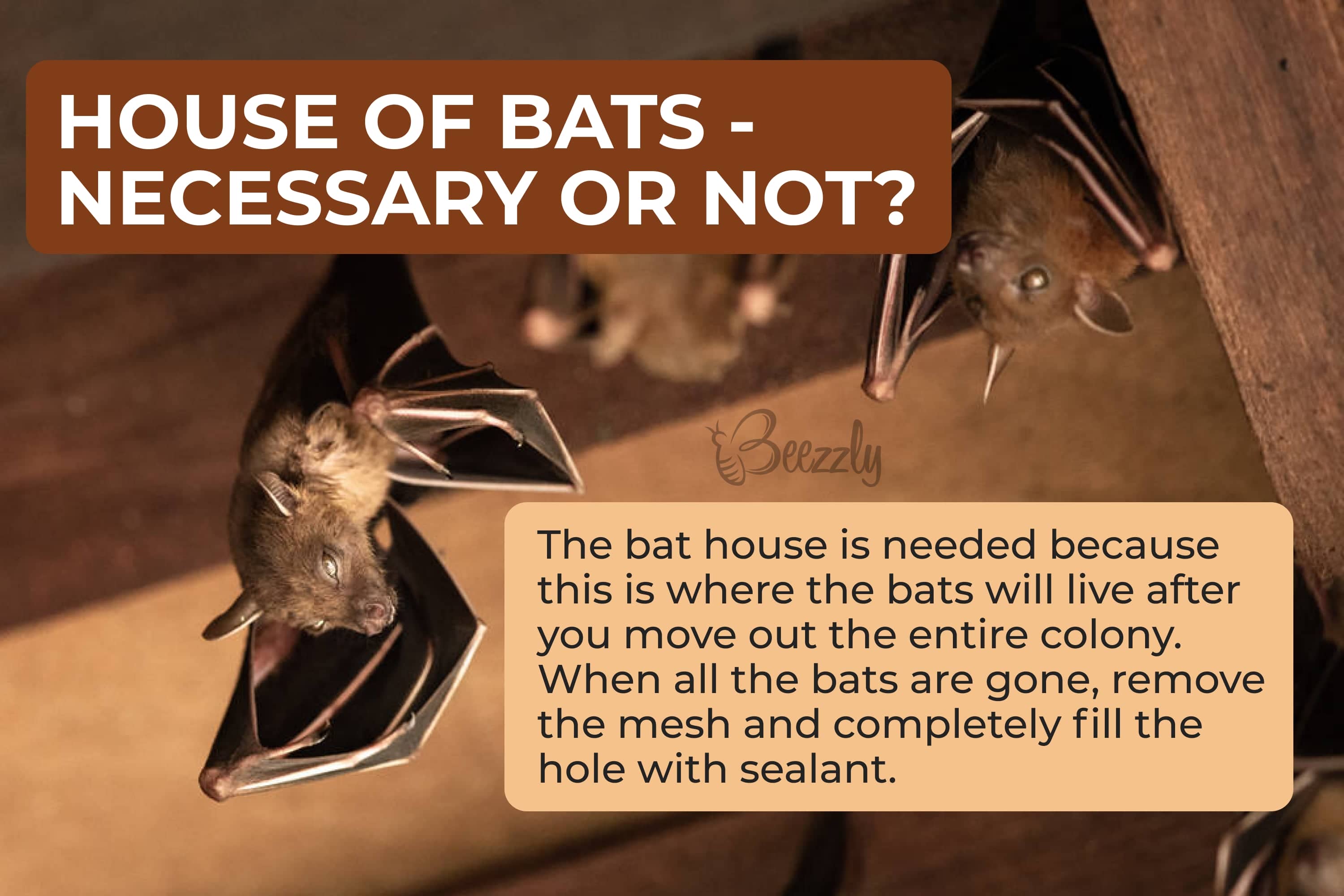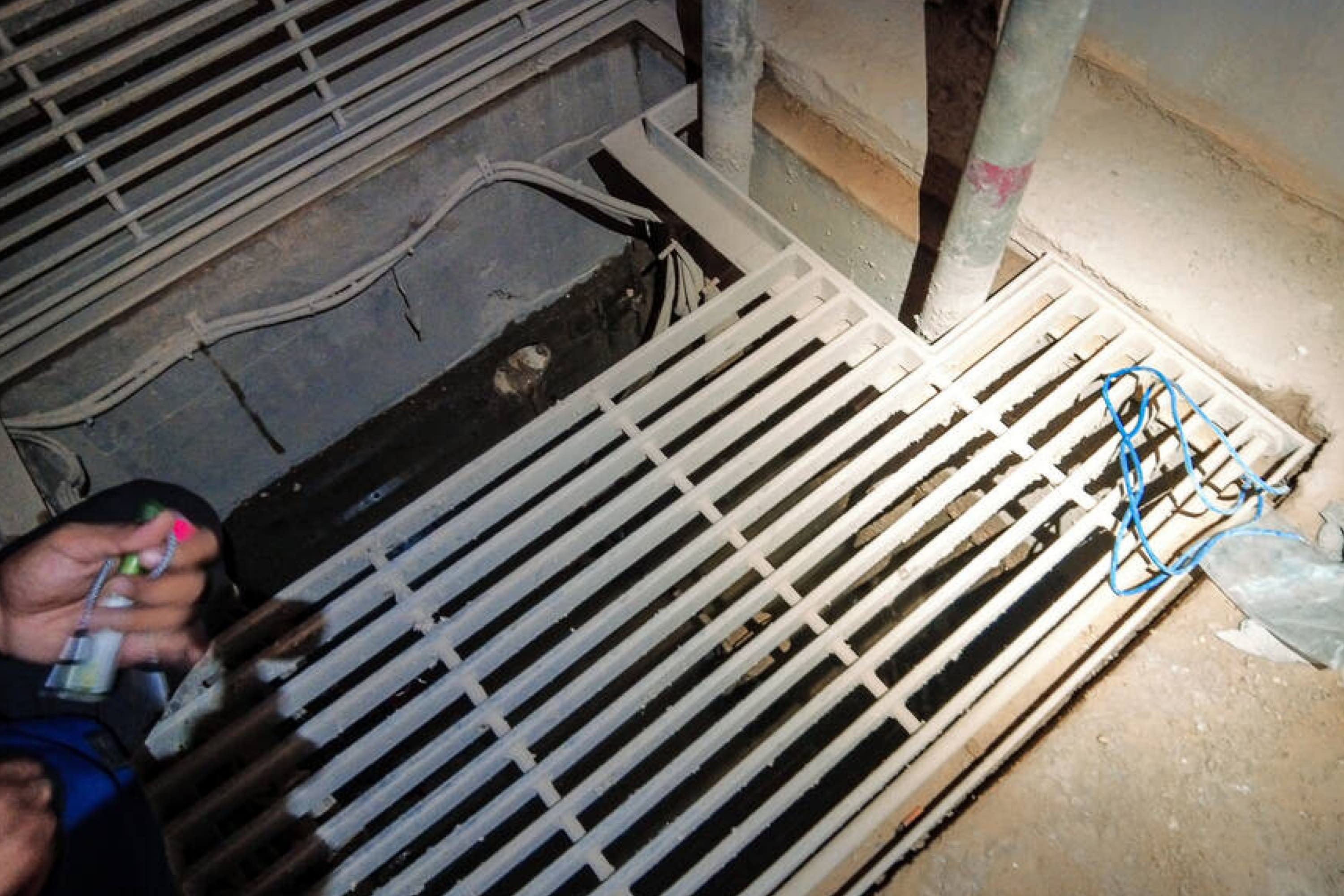When you spot any signs of bats in your basement or see the critters themselves, your first move is definitely to remove them out of there as soon as possible. Bats still have quite a bad reputation, so homeowners prefer to get rid of these creatures should they dwell in their homes or around.
So today we will explain how to get rid of bats in the basement effectively and quickly. You will learn what steps should be taken to eliminate these critters if they settled in your basement.
Also, we will tell you why you should not leave bats down there and what possible danger these creatures may bring when being your “neighbors”.
How to Get Rid of a Bat In the Basement?
Depending upon where these critters have settled in, it can be either easy or difficult to get rid of them for you. However, most bast-removing methods pose a low personal risk, so you don’t have to worry. On the other hand, we would not recommend you clean up since it may still pose several health risks and must be done very cautiously!
Also, before you proceed with any bad eliminating measures, note that bats are strictly no-kill!
No matter how massive the infestation you have, you must not kill these creatures! The only way a bat might be terminated is when there are visible signs of rabies or other health threats that a bat or a bat colony poses for humans in the house. But for this to be done, a professional should make a judgment call.
So how to get a bat out of the basement?
First of all, you should know that bats prefer to settle in spacious areas like attics. This is why, when you find them in your basement, it’s usually a clear sign that your entire house is infested.

You will not only have to remove the critters from your basement and bat-proof it, you will also need to deal with the walls and your attic as well!
Should you find a bat in your basement, we would recommend you get assistance and consultation from a certified professional who can handle bats correctly.
Usually, you will not have to pay anything for consultations, but the benefits it gives are priceless. The expert will be able to judge the situation and define the extent of a bat infestation you have in your home.
Depending upon where exactly you find bats in your house, as well as on the number of critters you have, the methods of their removal may vary greatly.
It requires different approaches to get rid of a single bat that accidentally got into your house and to remove the entire colony that has been there for a while!

Try Using Exclusion Devices
When you need to evict a bat that dwells in your basement (or anywhere else in your house), exclusion devices can be a big help. They allow the critter to leave through an entry point but they will not allow it to get back inside.
However, you should note that these devices should be used temporarily. Also, you should seal up the entry points once all critters are outside.
Electronic Deterrents Can Be a Handy Alternative
This is another kind of device that can help you get rid of bats. Electronic deterrents use light and/or sound to make your house unattractive to bats.
The devices that use sound emit a sound wave that human ears can’t hear, so you should not worry about the possible bother. But if you have pets (cats or dogs), they can be disturbed by the device working!
On the other hand, light devices use a strobe light effect and work especially well against nocturnal critters, such as bats. However, note that this kind of device must not be used in or around your house if anyone in your household suffers from epilepsy!

What to Do to Remove a Single Bat From Your Basement?
Although it is best to let professionals get rid of bats, you should still know what to do to be able to remove it yourself. So if you spot a single bat in your basement or anywhere else around your property, do the following:
- Put on thick gloves, as well as long pants and a long-sleeved shirt/jacket
- Cover all the gaps under your basement doorways
- Shut the basement window if there is any
- Knock the bat onto the floor with a broom since bats have difficulty flying from the ground
- Cover the bat with the fishing net
- Release the critter if you are sure it didn’t come into contact with pets or children

If you are not sure whether or not the bat got into contact with your family members or pets, contact the local animal-control authorities. See, in this case, the bat will need to be tested for rabies.

Removing a Bat Colony From Your Basement
To get rid of a colony, you need to inspect your home from the outside to see where the critters are coming in. Since most bats can fit through a hole that is no bigger than a human thumb, you may need to repeat your inspections for several nights.
After you spot the entry point, you need to hang a bat house near it. The closer you hang it to the bat entry point, the sooner the bats will get used to it as they come and go. The bat house is needed because this is where the bats will live after you evict the entire colony.
After you find the entry point and hang a bat house, tape wire mesh over the active openings. You need to tape three sides, leaving the bottom open to let the bats exit. Also, you should use the mesh that has very small openings. Like that, bats will not be able to fit through.

Caulk any small openings you can find thoroughly to make sure bats won’t find another entrance. You need to leave the wire mesh open for approximately a week, letting bats leave freely and naturally. When all the bats have left, remove the mesh and fill the hole completely with caulk.
Now you know what to do to remove bats from your basement quickly and safely for both you and the critters. However, note that bats may often pose serious health dangers!
So if you’re not sure whether the critter you have in your basement is safe, or if you have a colony there, you’d better call for an exterminator.

What Health Risks Bats May Pose?
People may keep bats as their pets which is even praised and encouraged due to this species’ low number. However, wild bats may often carry dangerous diseases. And even if you don’t get in direct contact with a bat, you should be informed of three risks that this creature may pose.
Bats Transmit Histoplasmosis
This disease is caused by Histoplasmacapsulatum, a microscopic fungus that can sometimes be found in guano. The spores of this fungus cause infection when inhaled.
This disease may or may not show symptoms that remind you of the flu, however, for those with weaker immune systems, this disease can be fatal!
Bats Transmit Parasites
Just like any other wild furry critter, bats are packed with fleas, mites, and ticks. So if you get in contact with a wild bat, you can also be exposed to these parasites, as well as to the diseases they transmit, e.g. Lyme disease.

Bats May Cause Rabies
This is the biggest danger bats carry for humans! Rabies is fatal in humans if not treated as soon as possible after the contact. The disease can be transferred through contact with blood, feces, urine, or even a decaying corpse and progresses quickly.
The problem is that rabid bats are very rare, besides, an infected critter may not show the symptoms. However, there are still several prominent signs of a rabid bat that you can look for:
- such bats are active during the day
- they are not afraid of humans
- they rest on the ground
- they act wounded
This is why it’s important to bring a captured bat to animal control as soon as possible if you have any suspicions it has come in contact with a human. The critter must be examined to see if it has rabies or not.
How to Define a Bat Infestation In Your Basement?
Since bats may pose a serious health danger for humans living in the house, you need to know how to tell these creatures are dwelling in your basement. Luckily, bat infestation has several noticeable features that make it distinct from other critter infestations.

Poop
You may take bat guano for rat droppings, but guano has two unique features. First, guano contains particles of insects that look like glittery flecks when the light hits.
Secondly, guano is very loose and breaks down easily. This is why you will often find piles of it below the entry point.
Sounds
Bats are easy to hear. You might hear them crawling around, producing scratching sounds and squeaking noises. To surely identify this is a bat, pay attention to the time when you hear the sounds. Bats will make the most noise around dusk and dawn, being silent during the day.
Well, now you are fully informed about bat infestation and possible ways of its elimination.
We told you why bats should be removed from your basement, what danger these small creatures may pose to you and your family, and how you can define whether you have a bat (or bats) in your house.
Also, now you know what to do exactly to get rid of a bat or even a bat colony that dwells in your basement or anywhere else in your home. With all these recommendations, you will be able to keep your home bat-free.

[wp-faq-schema title=”Frequently Asked Questions”]

Hi everyone! I need your help folks. See, I have a bat in my basement but the problem is that I can’t find it. How do I know it’s there? I can hear its squeaking. Do you know how I can make it come out?
Hi! Well, I guess you might want to try and make a loud noise to make it come out. Bats are very sensitive to loud sounds so I guess noise will make her leave her shelter. That’s the only way I can think about.
We have recently spotted a bat (hopefully a single one since I haven’t seen the colony) in our barn. Does anyone know how to catch it and release safely for her and for us? It’s been there for a few days, I guess. Thanks!